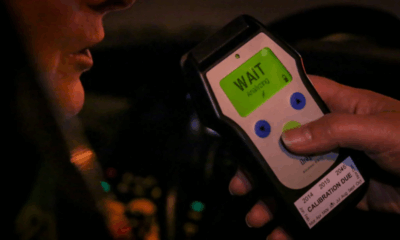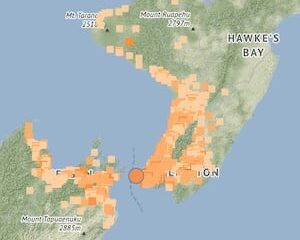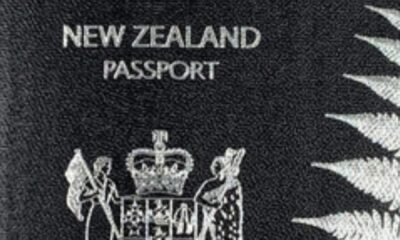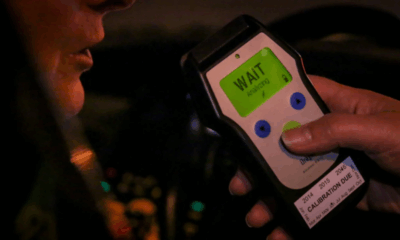Science
New Zealand Police Implement Mandatory Breath Test Training
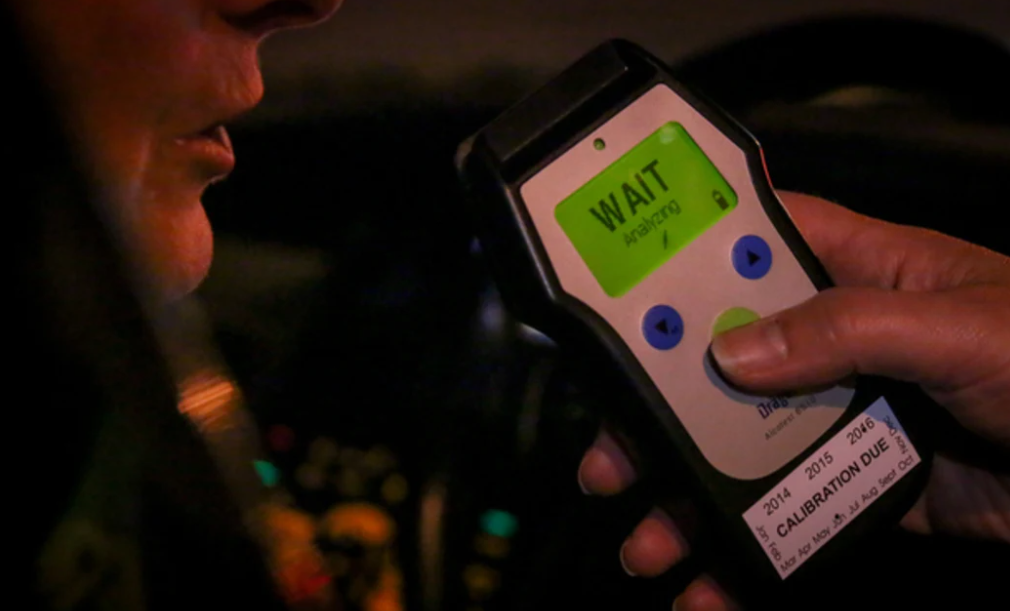
Every police officer in New Zealand is now required to complete an online training module for alcohol breath testing. This decision follows the alarming revelation that over 120 staff are under investigation for allegedly falsifying results from approximately 30,000 breath tests. The issue came to light after police developed a new algorithm to analyze testing data, which revealed discrepancies that the original devices could not detect.
According to a memo disseminated to officers, the “recent discovery” of irregularities in breath test recording has undermined public trust in the police force. The memo stated, “This has led to trust and confidence impacts for police, including with our partner agencies.” To address these concerns, the New Zealand Police Executive mandated that all constabulary staff complete the online training module by December 4, 2023.
Acting Deputy Commissioner Jill Rogers emphasized the need for this training, particularly as the country approaches the summer period, which typically sees an increase in road traffic. “This training will reinforce correct practices and expectations,” she stated, highlighting its importance for ensuring road safety and maintaining public confidence in police operations.
The module, available from today, is designed to take approximately 15 minutes to complete. It covers essential topics such as proper device operation, docking and data download procedures, and the critical role of breath screening in enhancing road safety.
Allegations of misconduct have raised serious questions about the integrity of the New Zealand Police’s breath testing regime. Rogers explained that some officers appeared to have logged more tests than they actually conducted, particularly while in moving vehicles. She noted that a concerning number of incidents involved staff from dedicated road policing teams, which is particularly disappointing given the police force’s commitment to road safety.
The police have conducted 4.2 million legitimate tests, contributing to a decrease in alcohol-related deaths on New Zealand roads last year. Rogers expressed confusion over why some officers felt the need to manipulate the testing process, stating, “I’m baffled why they felt the need to clip the ticket.”
While Rogers did not specify the identities of the officers involved, she acknowledged that certain work groups have a higher representation in the data. The police are continuing to investigate the rationale behind the falsification of tests, with the possibility of criminal charges not ruled out. “If we were to identify criminal offending, then that’s what we would address,” she said.
In light of the ongoing investigations, none of the implicated officers have been suspended. Rogers acknowledged the challenge of maintaining trust amid these allegations, stating, “Yeah, that’s a question we have.” The police force is focusing on ensuring that diligent officers are recognized for their efforts to keep the roads safe.
The New Zealand Transport Agency (NZTA) was first informed of the issue in September and has expressed serious concern over the implications for road safety. A spokesperson indicated that drink-driving enforcement is essential for ensuring safety on New Zealand’s roads and confirmed ongoing monitoring of the situation.
The NZTA is also in close communication with the police, requesting further information as the investigation progresses. A Ministry of Transport spokesperson added that they are closely observing developments and working collaboratively with both the NZTA and police to address the issue.
While the police exceeded their national target of 3.3 million tests by approximately 900,000, the integrity of these figures is now under scrutiny. An independent evaluation of the Road Policing Investment Programme (RPIP) is underway, which will inform future activities, targets, and programs based on evidence and best practices.
As New Zealand authorities navigate this troubling situation, the focus remains on restoring public trust and ensuring that road safety measures are upheld effectively.
-

 Sports2 months ago
Sports2 months agoNetball New Zealand Stands Down Dame Noeline Taurua for Series
-

 Entertainment2 months ago
Entertainment2 months agoTributes Pour In for Lachlan Rofe, Reality Star, Dead at 47
-

 Entertainment4 weeks ago
Entertainment4 weeks agoNew ‘Maverick’ Chaser Joins Beat the Chasers Season Finale
-

 Sports4 days ago
Sports4 days agoEli Katoa Rushed to Hospital After Sideline Incident During Match
-

 Sports2 months ago
Sports2 months agoSilver Ferns Legend Laura Langman Criticizes Team’s Attitude
-

 Politics1 month ago
Politics1 month agoNetball NZ Calls for Respect Amid Dame Taurua’s Standoff
-

 Entertainment2 months ago
Entertainment2 months agoKhloe Kardashian Embraces Innovative Stem Cell Therapy in Mexico
-

 World3 months ago
World3 months agoPolice Arrest Multiple Individuals During Funeral for Zain Taikato-Fox
-

 Sports3 months ago
Sports3 months agoGaël Monfils Set to Defend ASB Classic Title in January 2026
-

 Entertainment1 month ago
Entertainment1 month agoTyson Fury’s Daughter Venezuela Gets Engaged at Birthday Bash
-

 Sports1 month ago
Sports1 month agoHeather McMahan Steps Down as Ryder Cup Host After Controversy
-

 World2 weeks ago
World2 weeks agoSevere Winds Hit New Zealand, Over 100 Flights Canceled

